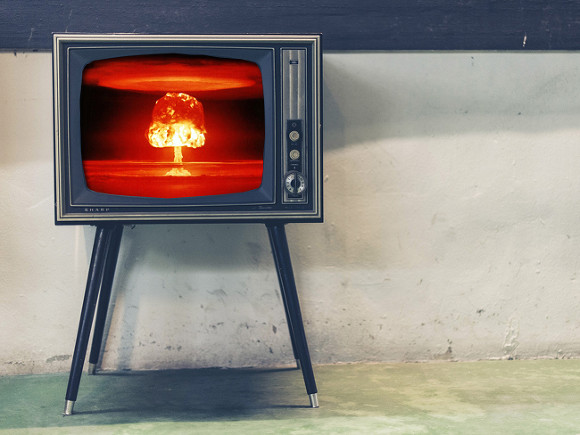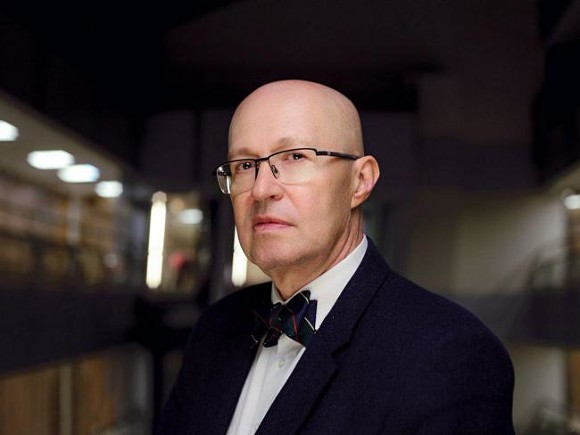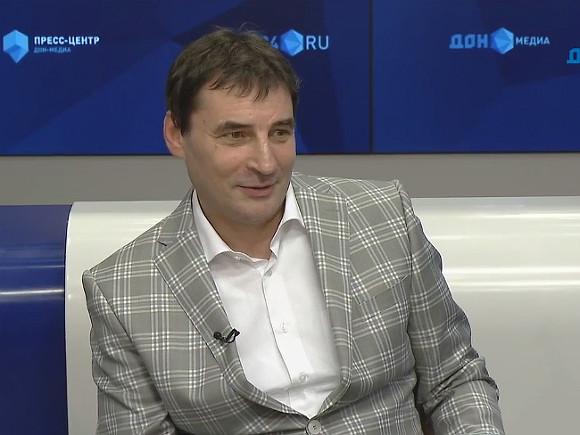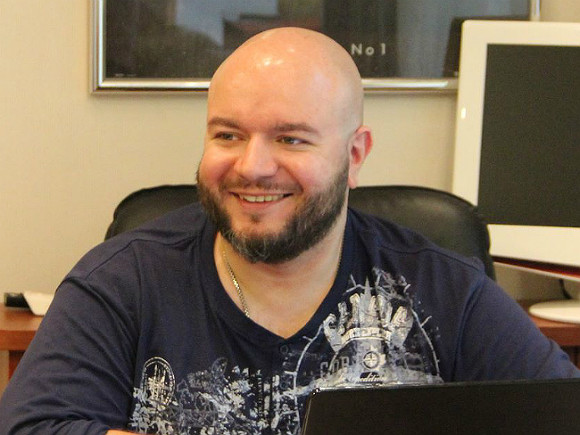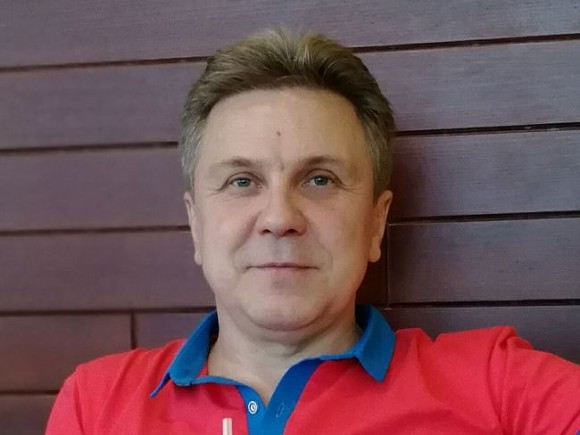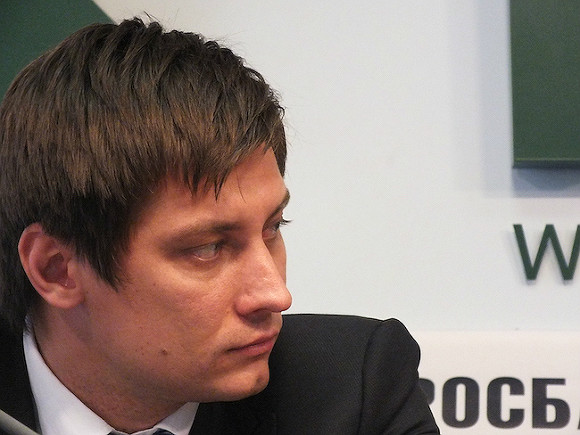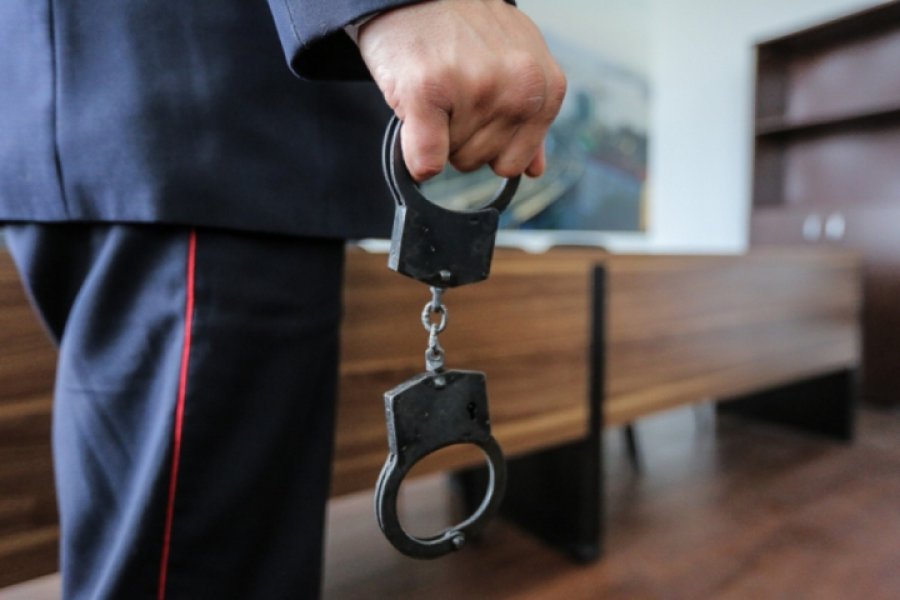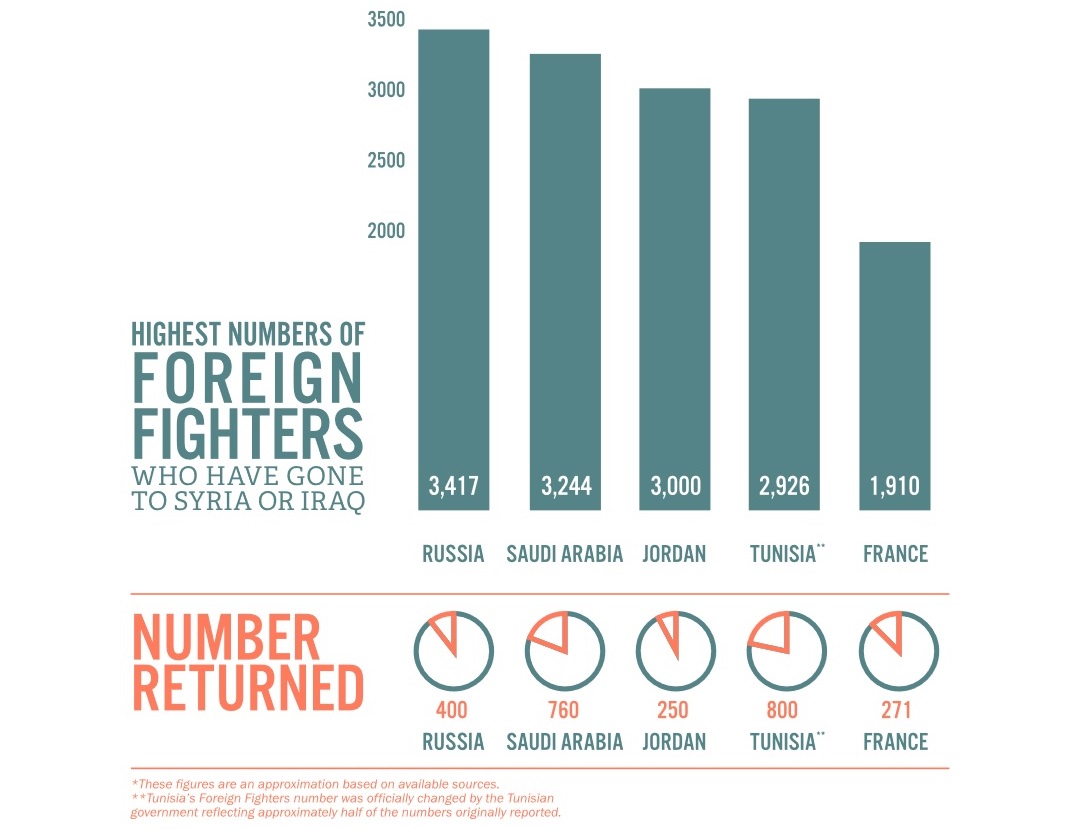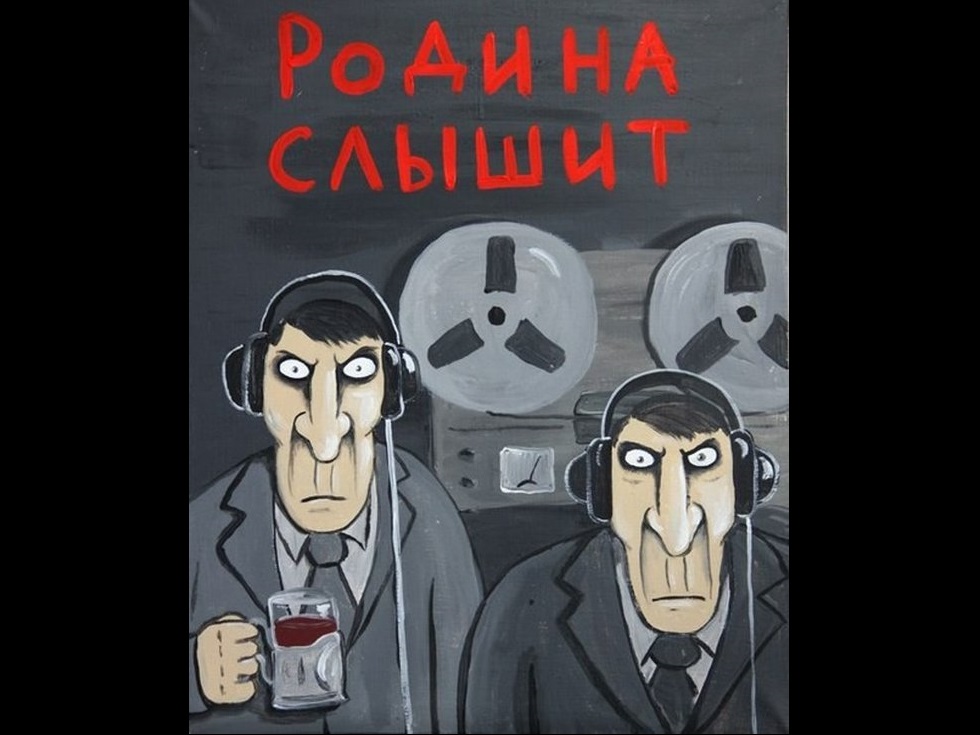The Kremlin’s backing of radical forms of patriotism and fanatic religious belief has led the situation which is “getting out of control,” according to five leading Moscow commentators. And what is most worrisome, they say, is that stopping what the regime has started “will not be a simple matter.”
In a Rosbalt article entitled “Is a Civil War Beginning in Russia,” that agency’s journalist Dmitry Remizov lists the attacks on politicians, cultural figures and rights activists that have now grown into a campaign of violence of various kinds by opponents of the film “Mathilda” and surveyed five leading commentators about the trend.
Valery Solovey, an MGIMO professor and frequent commentator, says that “a great deal of hatred” has built up in Russia, thanks in part to state policies. The government attacks various groups, and many in the population read that as license to attack these groups in ways that the authorities themselves have not yet done.
Still worse, he says, the government has given support to some radical groups ranging from “religious or pseudo-religious activists to biker clubs,” the historian continues. And what is worrisome is that “even if the state financing of these people ends … this process will not stop on a dime.” It will continue for a time “by inertia.”
He says that in his view, the government now is “not very happy” that it backed these groups. But it is not clear to the authorities how they can stop it. Ending support isn’t enough. “Decisive steps” will be necessary, “but the powers that be are clearly not prepared to do that,” at least not yet.
“I don’t think,” Solovey says, “that all this will acquire some colossal extent. But in certain cases, even one or two terrorist acts or attacks are sufficient to generate a wave of the strongest emotions and not only within Russia.”
Aleksey Sinelnikov, a Moscow political analyst, says that all the recent violence has one interesting common feature: all the attacks are “politically anonymous. No organized force takes responsibility for them. Even demands like not showing a film are a fiction because how can one today really make such a demand credible.”
But no one is prepared to come down hard on these people. The Russian Orthodox Church doesn’t disown those who act in its name, and what that means, the analyst continues, is that Russia doesn’t face “an Orthodox jihad” as some have suggested but “a real jihad of anonymous terror, that is, an ordinary total war” against those these people oppose.
Roman Romanov, a Moscow sociologist, says that one of the reasons things have gotten out of hand is that senior political figures, including Russian State Duma members, often say things that have an impact they may not even intend because they do not always understand how their words are understood beyond the ring road.
Vitaly Cherkasov, a lawyer and longtime rights activist, says that the Russian authorities were supportive of popular activism when things were good before the 2008 crisis but failed to recognize that such activism, with new targets including the regime itself, would be redirected once things went bad.
In response, he says, the regime has established the Russian Guard as well as “flying squads” of radical Orthodox activists “in order to frighten … or prompt to flee” those who oppose the government. The regime’s hopes for a return of the “fat” years are “illusory,” the lawyer continues, and the regime is now promoting by action and inaction “’lynch law.’”
Dmitry Gudkov, an opposition politician, says that “when the authorities lose the monopoly on force, this always ends with civil clashes. It begins with a struggle with dissidents and ends with a struggle against the powers themselves.” Now people may burn the cars of lawyers but “tomorrow they may burn” those of ministers.
Marginals, he continues, “are people of a determined frame of mind: they do not see any borders or limits for action. Already, no one will be able to stop this because the monopoly on the use of force has been destroyed.” The only hope is that the powers that be will come down hard on all who violate the law.
Unfortunately, he suggests, there is little indication that those in charge are prepared to do that.
Related:
- Serfdom lives on in Russian thinking and official practice, Kirillova says
- Another “terrorist”? Russian FSB kidnaps, tortures Crimean Tatar to obtain false “confession”
- The Ukrainian Revolution of 1917 and why it matters for historians of the Russian revolution(s)
- “Zapad-2017”: Russian sabre rattling towards eastern Europe
- Past due bills for housing forcing Russian defense ministry to cut weapons acquisitions
- Moscow analyst: Russia has made North Korea’s rocket program possible

